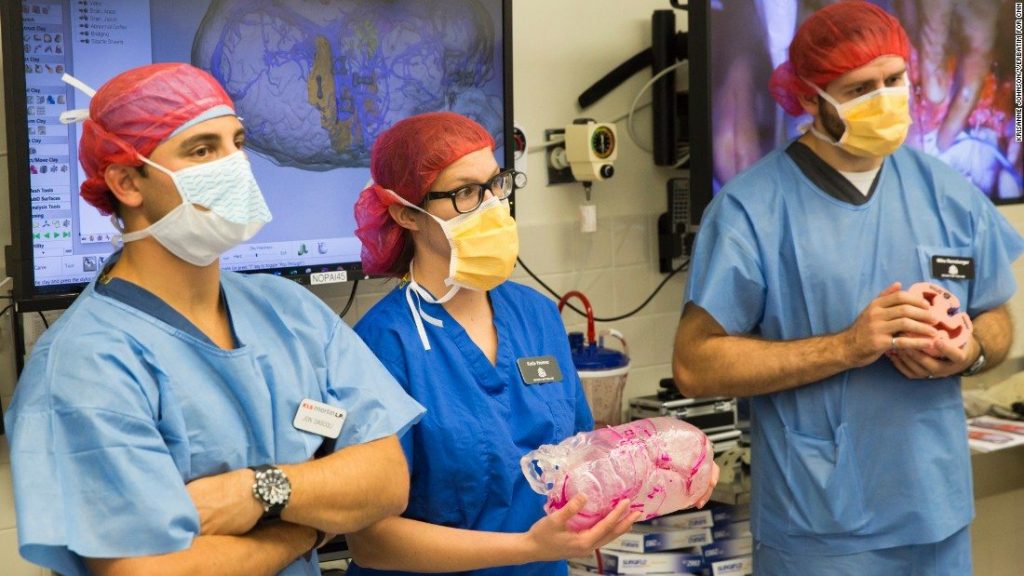3D Systems (NYSE:DDD) has announced plans to develop organs suitable for human transplant in a collaboration with United Therapeutics Corporation (NASDAQ: UTHR).
The multi-year agreement will first focus on regenerative medicine for human lungs, combining 3D printing expertise with transplantation and regenerative medicine specialism at Lung Biotechnology PBC, a subsidiary of United Therapeutics.
Replicating the build-blocks of human organs
To start, the collaboration will look at the development of cell scaffolds, which can be considered as ‘skeletons’ for live tissue. In medical research, 3D printing is commonly used to make cell scaffolds as it can create a lattice-like structure of closely nested material. This arrangement replicates the structure of natural tissue and, when laced with stem cells, can promote their growth and proliferation into a desired shape.

Technology is not yet at the stage where it can replicate whole organs as this would require a multitude of different types of tissue i.e. vessels, muscles, skin etc. However, there have been some developments in the use of cell scaffolds to create organ patches and as a base structure for bones.
3D printed materials that the body can accept
To get cells to grow toward usable tissue, the cell scaffolds also have to be made in the right materials. These materials must be non-toxic, textured and, ultimately, dissolvable without a trace. For these reasons, 3D Systems and Lung Biotechnology will be looking at 3D printing in collagen and other similarly gel-like materials.
The dream is that this technology will accelerate to the point where a patient’s own cells can be used to repair problems in their body. Martine Rothblatt, Ph.D., Chairman and Chief Executive Officer of United Therapeutics, explains,
Our partnership with 3D Systems is a major step forward in creating an unlimited supply of tolerable transplanted organs. By cellularizing scaffolds created with 3D Systems printers with a patient’s own cells, there will no longer be a need for immunosuppression and a vastly greater number of patients can extend their enjoyment of life through organ transplantation.
3D bioprinting is “a powerful opportunity”
3D Systems has a long history of working in the medical sector, with consulting on the landmark case to separate the McDonald Twins, and 3D printing surgical planning devices. The company are well positioned to work on 3D bioprinting angle.

Vyomesh Joshi, CEO of 3D Systems, comments,
As a global leader in healthcare solutions, we are part of many developments and applications for 3D printing coming together including bioprinting. We believe bioprinting is a powerful opportunity and we are uniquely positioned with the broadest portfolio of technologies to partner with companies of the caliber of United Therapeutics to provide healthcare solutions of the future.
3D Printing Industry also learned more about VJ’s vision for the future of 3D printing in a visit to the 3D Systems’ specialist healthcare facility in Colorado.
This project with United Therapeutics will be based out of the 3D Systems’ specialist bioprinting lab in San Diego, CA.
For more of the latest 3D bioprinting news sign up to the 3D Printing Industry newsletter, and follow our active social media sites.
Don’t forget to vote in the first annual 3D Printing Industry Awards.
Tickets for the 3D Printing Industry Awards are also now available here.
Featured image: Logo for Lung Biotechnology PBC, a subsidiary of United Therapeutics in collaboration with 3D Systems. Image via lungbiotechnology.com



